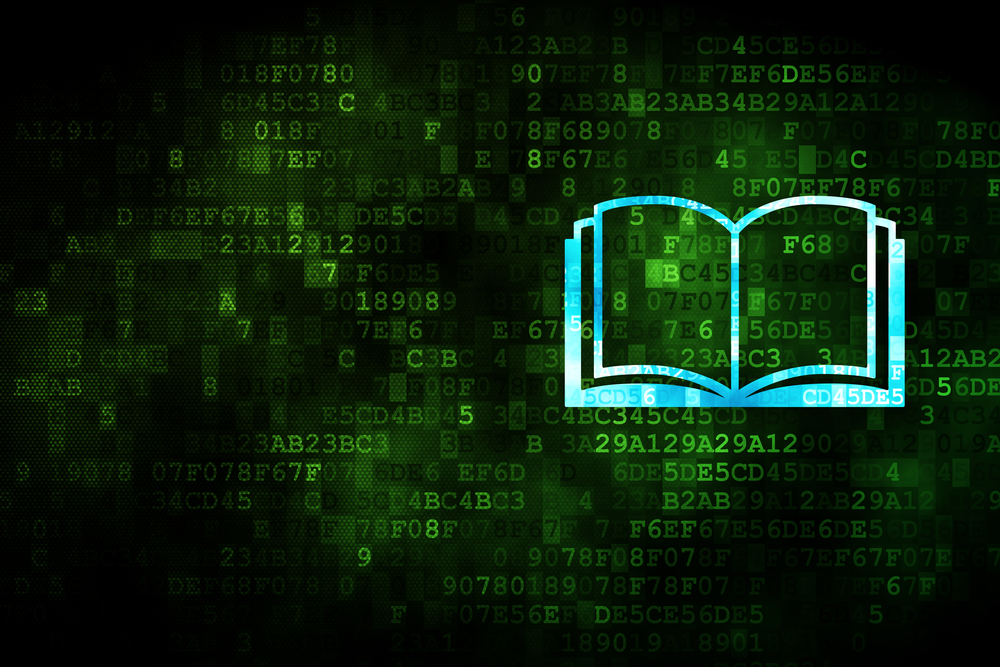Imagine going to your local library in search of Canadian books. You wander through the stacks but are surprised to find most shelves barren with the exception of books that are over a hundred years old. This sounds more like an abandoned library than one serving the needs of its patrons, yet it is roughly what a recently released Canadian National Heritage Digitization Strategy envisions.
Led by Library and Archives Canada and endorsed by Canadian Heritage Minister Mélanie Joly, the strategy acknowledges that digital technologies make it possible “for memory institutions to provide immediate access to their holdings to an almost limitless audience.”
Yet it stops strangely short of trying to do just that.
Rather than establishing a bold objective as has been the hallmark of recent Liberal government policy initiatives, the strategy sets as its 10-year goal the digitization of 90 per cent of all published heritage dating from before 1917 along with 50 per cent of all monographs published before 1940. It also hopes to cover all scientific journals published by Canadian universities before 2000, selected sound recordings, and all historical maps.
The strategy points to similar initiatives in other countries, but the Canadian targets pale by comparison. For example, the Netherlands plans to digitize 90 per cent of all books published in that country by 2018 along with many newspapers and magazines that pre-date 1940.
Falling behind
Canada’s inability to adopt a cohesive national digitization strategy has been an ongoing source of frustration and the subject of multiple studies which concluded that the country is falling behind. While there have been no shortage of pilot projects and useful initiatives from university libraries, Canada has thus far failed to articulate an ambitious, national digitization vision.
Financial and legal constraints are typically identified as two of the biggest barriers to ensuring universal digital access to Canadian heritage. Major digitization initiatives are certainly costly, but experience elsewhere shows that a government-led initiative that brings together public and private resources is possible with the right champion.
Digitization initiatives in other countries also demonstrate that the legal challenges are frequently overstated. For example, U.S. courts have ruled that massive digitization programs such as those undertaken by Google qualify as fair use. This means that millions of books can be freely digitized without fear of copyright infringement, though full access is limited to public domain works (where the copyright has expired) and licensed materials where the copyright owner has granted permission. Partial access may be granted consistent with fair use.
The perfect national birthday gift
Canadian law features fair dealing rather than fair use, but a similar approach could be adopted. While the new Canadian strategy is largely limited to public domain works that can be digitized and made available without the need for permission or licences, the Supreme Court of Canada’s interpretation of the law lends itself to a more ambitious digitization program in which all Canadian works are converted into digital format for research, study and education purposes.
All public domain works – which could reasonably be estimated to include anything published before 1940 – could be made immediately accessible in full text. Moreover, the government could launch a crowdsourcing initiative where Canadians identify additional public domain works of authors who died more than 50 years ago. This would include many books published in the 1940s, ‘50s, and ‘60s.
For the remaining works, fair dealing would permit a portion of the work be made available without the need for further permission. For full text, authors could be given the opportunity to specify how, if at all, their works should be accessible.
With Canada set to celebrate its 150th birthday next year, now is the ideal time to give ourselves a birthday gift that will keep giving for years to come. A national digitization strategy is long overdue and starts with a government committed to a bold vision of making Canada’s heritage digitally accessible to all. ![]()
Read more: Science + Tech

















Tyee Commenting Guidelines
Comments that violate guidelines risk being deleted, and violations may result in a temporary or permanent user ban. Maintain the spirit of good conversation to stay in the discussion.
*Please note The Tyee is not a forum for spreading misinformation about COVID-19, denying its existence or minimizing its risk to public health.
Do:
Do not: